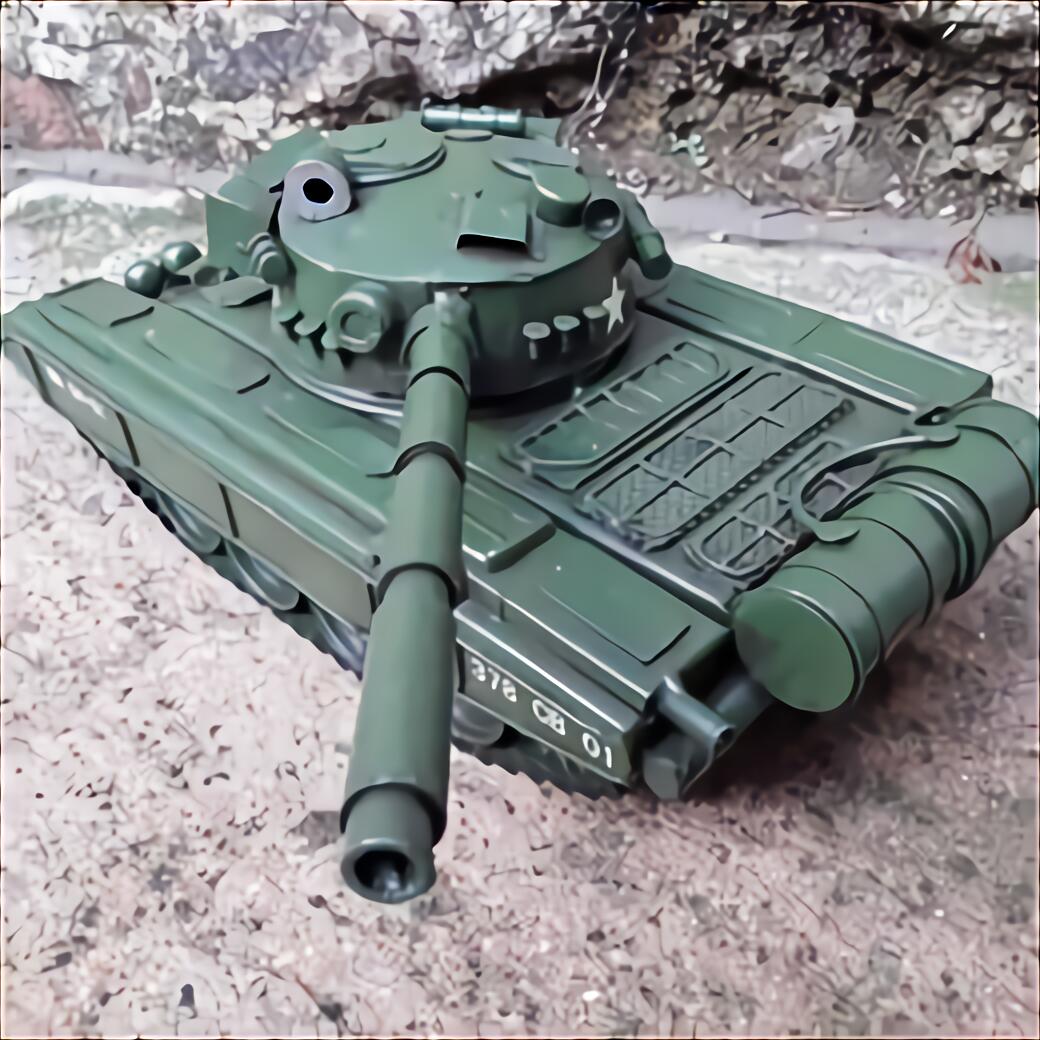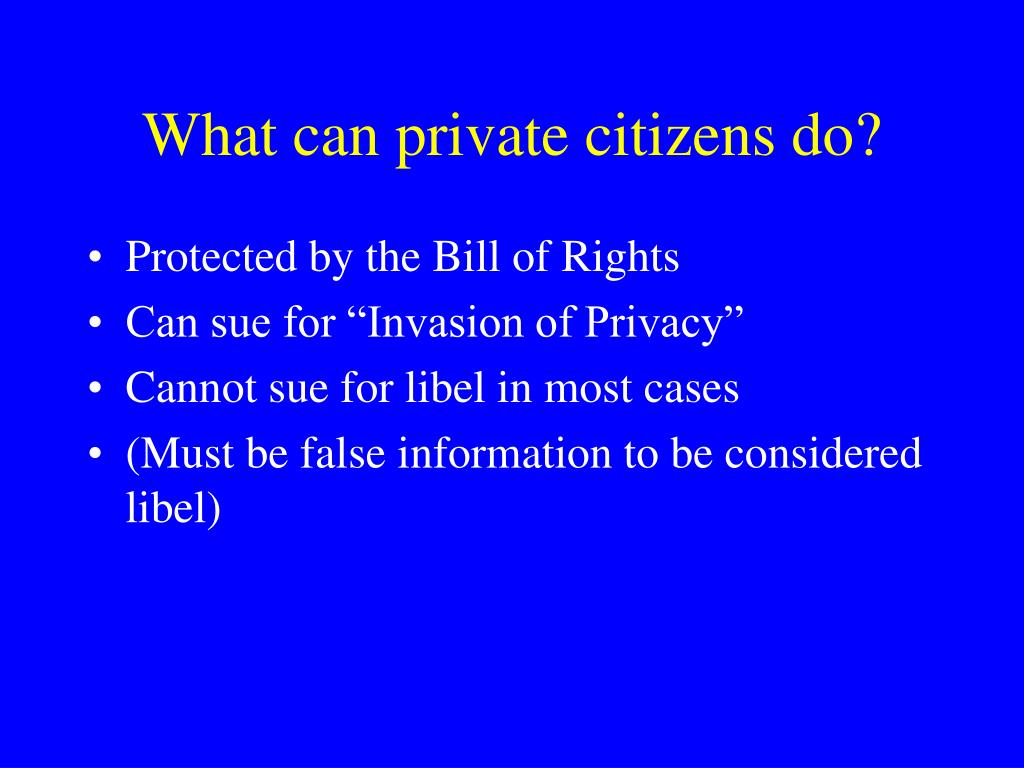


Going back to 1638, the founding date of what is today The Ancient and Honorable Artillery Company of Massachusetts– to this day a privately recruited military unit– local communities took it upon themselves to charter units of cannoneers.īy the 1740s, local artillery units were in Rhode Island, New York, and Pennsylvania with the official history of the latter’s Militia and National Guard noting that in 1747, largely through the efforts of Benjamin Franklin, a plan was undertaken by locals colonists to found companies of “horse, foot and artillery” that the volume stresses “was a purely volunteer organization, and was armed and equipped at its own expense, while its officers were selected by its members.”įast forward to the French and Indian War and local volunteer colonists fought alongside the British with one Boston-born engineer, Richard Gridley, helping in the capture of French-held Fortress Louisbourg. Poynter Institute’s Politifact fact-checker this week researched the claim and, after consulting with noted Second Amendment scholars such as Professor David Kopel, ranked the statement as being “false” for a variety of reasons. You weren’t allowed to own a cannon during the Revolutionary War as an individual.” In justifying a ban on “assault weapons,” Biden said, “From the very beginning you weren’t allowed to have certain weapons. The interview in question occurred last month with Wired, where the presumptive Democratic Presidental candidate was asked about gun control. That has been ranked as false, and with good reason. In a recent online interview, Vice President Joe Biden said during the Revolutionary War private citizens couldn’t own cannons. 1775 instructing his men to be on the lookout for cannons not under the King’s control. Screenshot of Vice President Joe Biden’s recent interview along with a split-screen of General Gage’s orders of Feb.


 0 kommentar(er)
0 kommentar(er)
